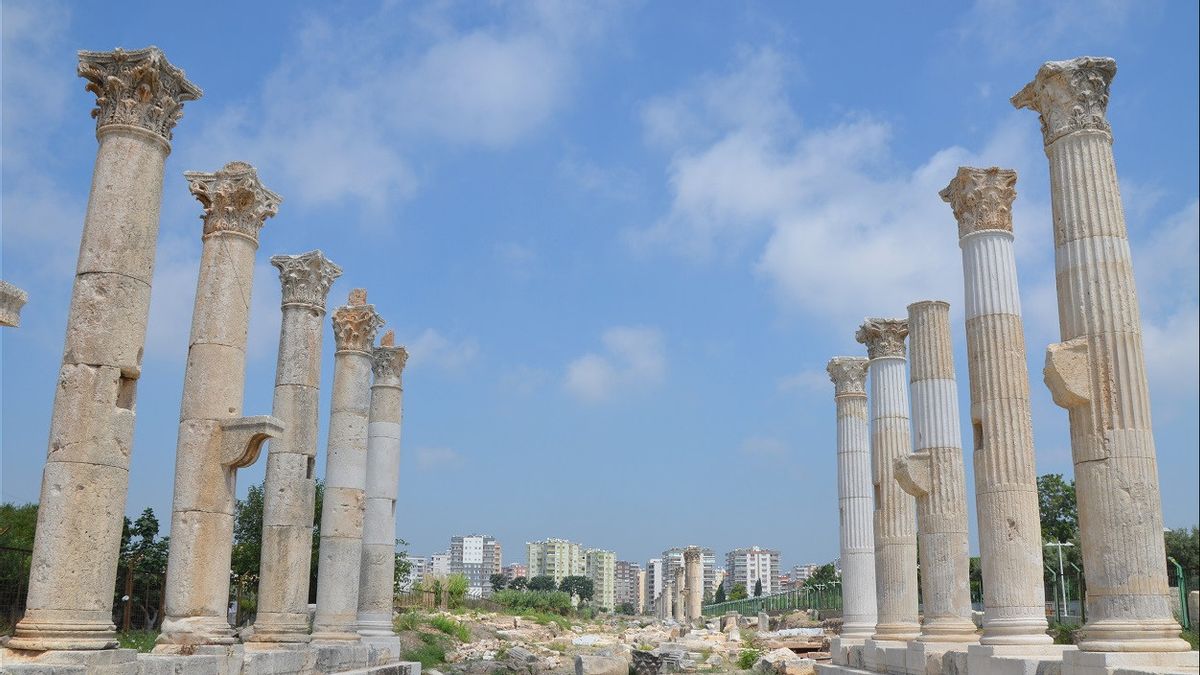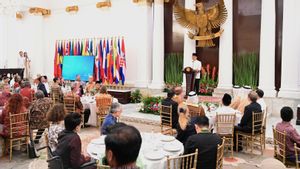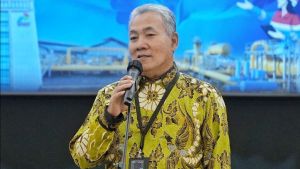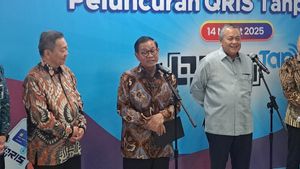JAKARTA - The ancient city of Soli Pompeiopolis will serve as an open-air museum or archaeopark in Turkey's southern Mersin Province.
As the 23rd season of excavations is completed, led by Remzi Yağc of Dokuz Eylül University in Turkey's western Izmir Province, archaeologists are working to turn the ancient site into an archeological park.
"Our goal is to establish a connection between the areas we excavated and turn this site into an archaeological park," archaeologist Yağcı told Anadolu Agency (AA) at the excavation site, citing Daily Sabah Oct. 7.
In recent excavations, the memorial tomb of the famous Greek astronomer and poet Aratus was actually excavated in the ancient city, which served as a major port in the second and third centuries BC, and contains thousands of years old columns that are preserved to this day. The excavation team will consist of 20 people next year, will assist in landscaping the area, and carry out restoration work, Yağcı said.
"Turning the ancient city into an archaeopark will increase interest in the site. People will be able to see everything that can be found in the ancient city," says Yağcı.
"(Visitors) will establish a connection between the monumental structures above and below the ground. When they enter the harbor, they will see that it is one of the largest in the Eastern Mediterranean and that the sea comes far south of the colonnaded road," he added.

Underlining the site will be a "focal point of educational activity in the region," he said, "We will bring people face to face with history."
Next year, archaeologists plan to work on ports, colonnaded roads, mounds found in ancient cities and Roman baths that have been destroyed by earthquakes and other external factors.
"Given the places we have excavated, we see that Soli's history stretches back to the Neolithic period, as does the Yumuktepe Mound," Yağcı said, referring to nearby excavations of the ancient Yumuktepe site dating to 7,000 BC. and is located in the city of Mersin.
"All archaeological layers from the Neolithic to the present day are here," the archaeologist added.
Soli-Pompeiopolis was also one of the important ports of the Cicilia region in the second and third centuries BC. During the fourth century BC, it came under Persian rule. However, the fact that they minted their own coins indicates their autonomy under Persian rule.
After Alexander the Great expelled the Persians from Cicilia, Soli-Pompeiopolis fell under the rule of the Macedonian empire and later the Seleucid Empire. This ancient city lived its heyday during the Hellenistic period under Seleucid rule.
The English, Chinese, Japanese, Arabic, and French versions are automatically generated by the AI. So there may still be inaccuracies in translating, please always see Indonesian as our main language. (system supported by DigitalSiber.id)













